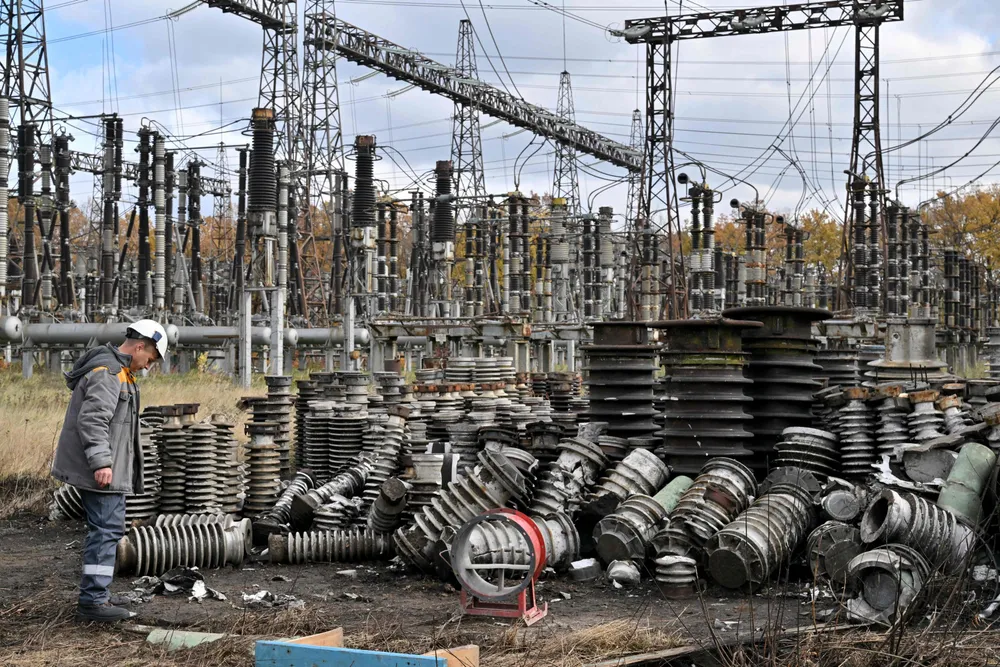Ukraine: oil supplies to Hungary and Slovakia resume after missile strike
Flow partially restored after Russian missile attack disrupted power supply for Druzhba transit oil pipeline

Flow partially restored after Russian missile attack disrupted power supply for Druzhba transit oil pipeline
